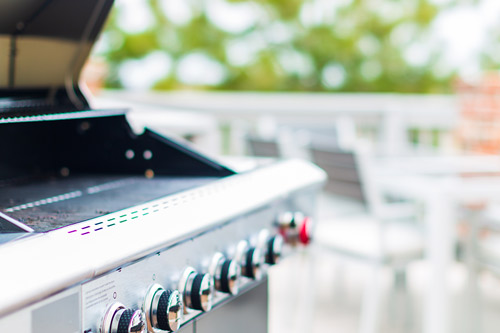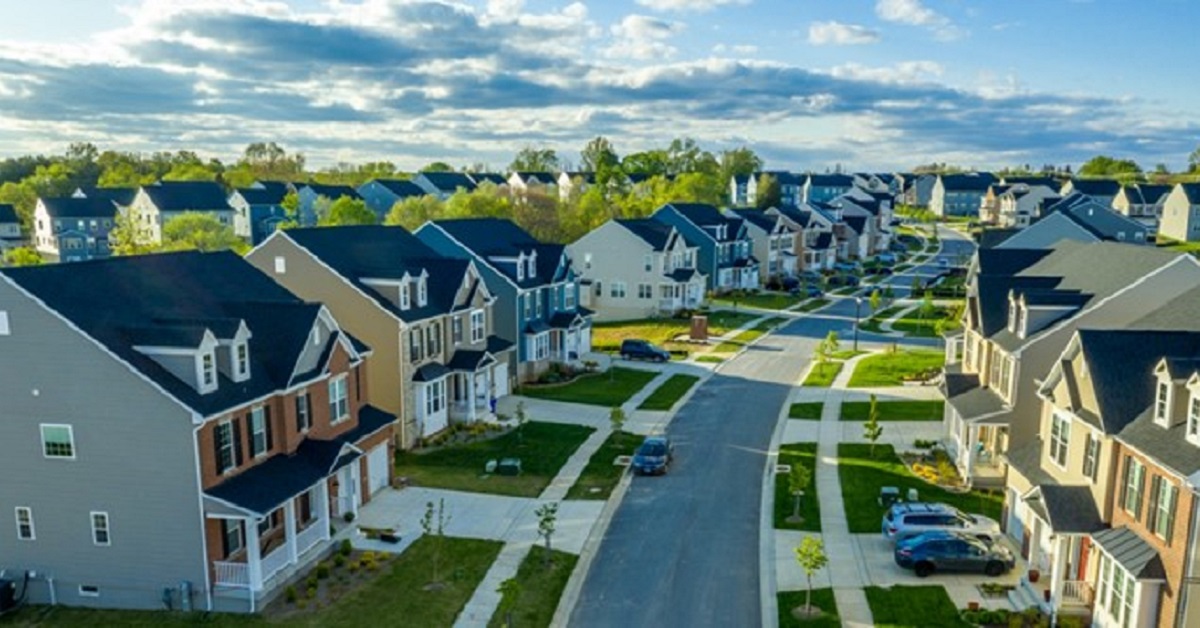
5 feet or 10 feet, Which Is It? The Confusion Within The New Jersey Fire Code Regarding Portable Propane BBQ Grills
Everyone enjoys a good BBQ, and making sure they are safe should be a priority for any board in a community association. In the mid 2000’s, community associations throughout New Jersey saw a flurry of rule adoptions to comply with the New Jersey Fire Code at the time, which generally prohibited portable propane BBQ grills within 5 feet of a combustible material. Many boards addressed those code requirements by adopting rules and resolutions within their communities memorializing the required code restrictions. Since that time, most communities have assumed that their previously adopted rules and resolutions were compliant with state law. However, in 2018, New Jersey adopted the 2015 International Fire Code, New Jersey Edition, which contained modifications to the sections of the code that address portable grills and cooking devices. This newly adopted code has created a great deal of confusion within the community association industry, including within the Department of Community Affairs, Division of Codes and Standards, Bureau of Housing Inspection, whose inspectors during the DCA 5-year inspections have interpreted the modified code section in various ways. Some have followed the pre-2018 requirement of prohibiting portable propane grills within 5 feet of combustible construction and other inspectors are imposing a much more restrictive requirement, increasing the distance from combustible construction to 10 feet. The confusion flows from the wording of the 2018 modification to the code.
The applicable section now reads:
“Section 308.1.4 Open-flame cooking and outdoor fireplaces. Charcoal burners, other open-flame cooking devices and outdoor fireplaces shall not be operated or stored on combustible balconies or decks or within 5 feet of combustible construction.
Exceptions:
- One- and two-family dwellings.
- Where buildings, balconies and decks are protected by automatic sprinkler systems.
- LP-gas cooking devices having LP-gas container with a water capacity not greater than 2 ½ pounds [nominal 1 pound (0.454kg) LP-gas capacity].”
“Section 308.1.4.1 Liquefied-petroleum-gas fueled cooking devices. LP-gas burners having an LP-gas container with a water capacity greater than 2.5 pounds [nominal 1 pound (0.454 kg) LP-gas capacity] shall not be located on combustible balconies or within 10 feet (3048 mm) of combustible construction.
Portable LP-gas cooking equipment such as barbecue grills and outdoor fireplaces shall not be stored or used:
- On any porch, balcony or any other portion of a building;
- Within any room or space of a building;
- Within five feet of any combustible construction;
- Within five feet, vertically or horizontally, of an opening in any wall; or
- Under any building overhang.
Exception: Detached owner-occupied one- and two-family dwellings.”
As you can see from the code sections cited, the language can be quite confusing to the reader. However, upon careful examination it becomes clear that the code makes a distinction between propane grills with small and large tanks. Most commonly purchased portable gas BBQ grills available at hardware stores with refillable tanks, have a 20 lb. propane tank and a liquid propane capacity of 4.7 gallons. If the 2018 code cited above applies to those types of grills, then they must be at least 10 feet from any combustible construction, like a building, overhang, and/or deck. However, there is some belief within the industry that the language in 308.1.4.1 requiring the 10-foot minimum distance only applies to open flame cooking devices like table top burners or stoves, most often associated with restaurants or used as camping stoves. If those types of cooking devices have propane tanks larger than 2.5 lbs, they must be a minimum of 10 feet from combustible construction. Otherwise, they only need to be 5 feet from combustible construction.
The inspectors who have required the 10-foot restriction on portable propane BBQ grills, have considered those grills to be the same as “LP-gas burners” and “Portable LP-gas cooking equipment” identified in the code section cited, and if the propane tank exceeds “a water capacity greater than 2.5 pounds [nominal 1 pound (0.454 kg) LP-gas capacity],” and issued violations with language in the “Corrective Action” section of the DCA violation notice similar to:
“Remove LP-gas burner and place a minimum of 10 feet from combustible construction. [N.J.A.C. 5:70-3.308.1.4.1]”
To clear up the confusion, we have reached out to the DCA for an interpretation of these code sections to clarify once and for all whether the 10-foot requirement is meant to apply to portable propane BBQ grills. While this is under review and until a determination is made by the DCA, it is important for a board to understand the distinction between the types of BBQ grills and outdoor burners that need to be at least 5 feet from combustible construction, such as portable propane BBQ grills, charcoal grills, outdoor fireplaces, small propane tank outdoor burners, and those liquefied-petroleum-gas fueled cooking devices with tanks larger “than 2.5 pounds [nominal 1 pound (0.454 kg) LP-gas capacity]” that need to be at least 10 feet from combustible construction. Boards owe a fiduciary duty to their community and abiding by the Fire Code is important for the safety of the association members and residents. Boards should review carefully any DCA 5-year inspection violations that cite a 10-foot minimum for BBQ grills to determine if the type of grill cited is applicable to such regulation. Remember, a violation will potentially subject the association to a fine for each violation noted by the DCA and communities that adopted policies to conform to the 5-foot minimum distance could see many violations coming out of the 5-year inspection. Being correct on the application of the law is important. Failure to require compliance with the NJ Fire Code could possibly subject the association to liability in the event a tragedy occurs due to a BBQ grill or other open flame grill located too close to combustible construction in violation of the minimum distance requirements.
In order to make sure an association is protecting its residents and complying with the NJ Fire Code, boards should consult with an experienced community association attorney and review the association’s grill policies for compliance with the current Fire Code. Amending and/or modifying the association’s policies by formal written resolution will memorialize the association’s rules to comply with state law and put owners and residents on notice of the importance of these requirements.
For additional information concerning portable propane and other open flame cooking device regulations, please contact any of our attorneys in the New Jersey Becker Community Association Practice Group at (973) 898-6502.






